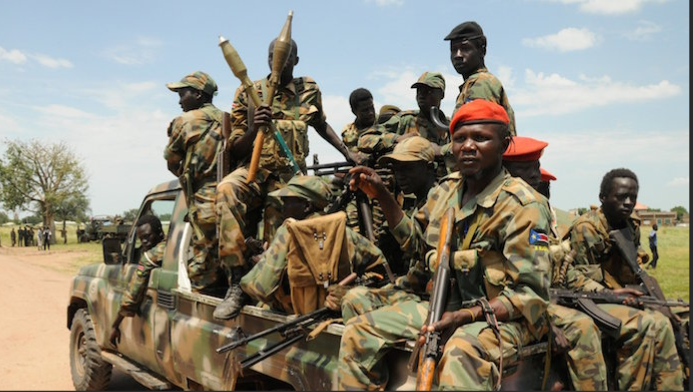UN envoy expects quick resumption of Sudan ceasefire talks

On Wednesday, the Sudanese army suspended negotiations with the Rapid Support Forces (RSF) over a ceasefire and humanitarian access, escalating fears of further violence in the ongoing conflict. The talks, which began in early May, had led to a series of agreements aimed at protecting civilians and establishing temporary ceasefires, although these were frequently violated.
Recent clashes in southern Khartoum and Omdurman have intensified, with heavy fighting reported until late Tuesday. The army, reliant on airpower and artillery, and the RSF, which engages in close-quarters combat, had managed a brief extension of a ceasefire deal by five days just before its initial expiration on Monday.
Army chief Abdel Fattah al-Burhan and RSF General Mohamed Hamdan Dagalo, known as Hemedti, have been locked in a power struggle since April 15. Both sides remain evenly matched, with no clear advantage.
The RSF maintained its commitment to the ceasefire despite ongoing violations by the army. Before agreeing to extend the truce, the army demanded that the RSF withdraw from civilian areas and hospitals. The renewed ceasefire was negotiated and is being monitored remotely by Saudi Arabia and the United States, who acknowledge that while both sides have breached the truce, it has facilitated aid delivery to approximately 2 million people.
The conflict has resulted in hundreds of deaths and displaced nearly 1.4 million people, with over 350,000 fleeing to neighboring countries. The fighting has devastated Khartoum and its surrounding areas, causing widespread looting, power, and water outages, and forcing most hospitals to cease operations.
The United Nations, various aid agencies, embassies, and parts of Sudan’s central government have relocated their operations to Port Sudan, a relatively stable area on the Red Sea.
The conflict traces back to the power struggle following the 2019 ousting of former President Omar al-Bashir. The army and RSF, both formed from militias used in the Darfur conflict, initially held top positions in Sudan’s ruling council. Their relationship soured after a 2021 coup, with disagreements over the RSF’s restructuring and command structure fueling the current crisis.
